Question And Answer
Publications
Articles, publications, books, tools and multimedia features from the U.S. Institute of Peace provide the latest news, analysis, research findings, practitioner guides and reports, all related to the conflict zones and issues that are at the center of the Institute’s work to prevent and reduce violent conflict.
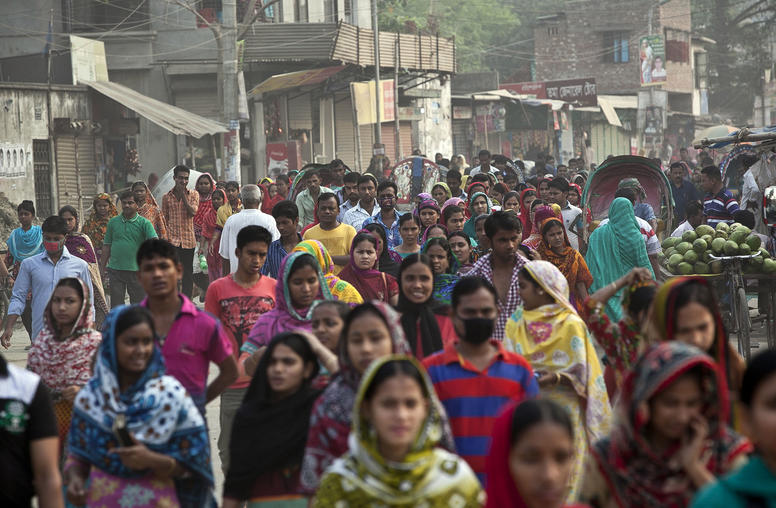
Bangladesh’s Balancing Act Amid the U.S. Indo-Pacific Strategy
As the Biden administration implements its new Indo-Pacific strategy, Bangladesh’s relationships with neighboring India and China are drawing renewed interest from U.S. policymakers. U.S. Undersecretary for Political Affairs Victoria Nuland visited Dhaka in late March and signed a draft defense cooperation agreement; last year, Special President Envoy for Climate John Kerry also went to Dhaka in advance of the Leaders’ Summit on Climate. At the same time, Washington retains concerns over democratic backsliding, human rights abuses and constraints on free and open electoral competition in the country. Experts Anu Anwar, Geoffrey Macdonald, Daniel Markey and Jumaina Siddiqui assess the factors shaping Bangladesh’s relations with its neighbors and the United States.
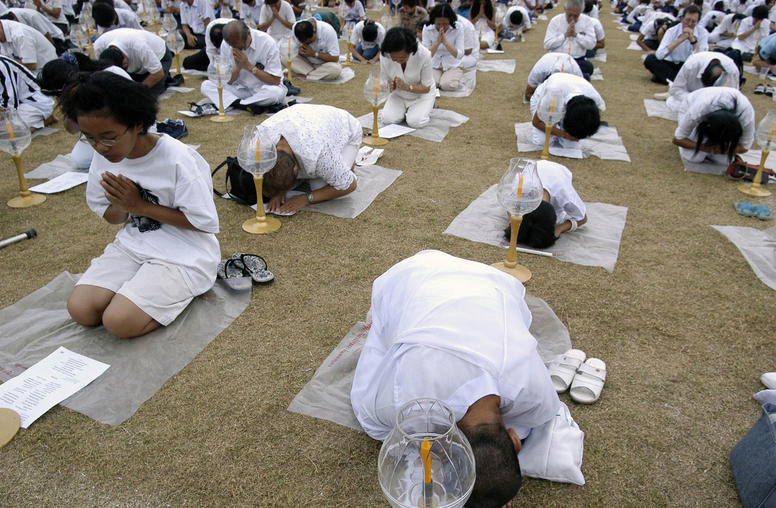
On Climate: To Save the Human Planet, Ally with Human Faith
Humanity’s preservation of a habitable planet now requires policymakers, environmentalists and others to rally billions of people in resisting climate change through a painful remaking of our very economies and societies. Our struggle to build this unprecedented global commitment — notably against headwinds of pandemics, poverty and wars — urgently requires that we build partnership and synergy with a powerful group of allies: religious communities.
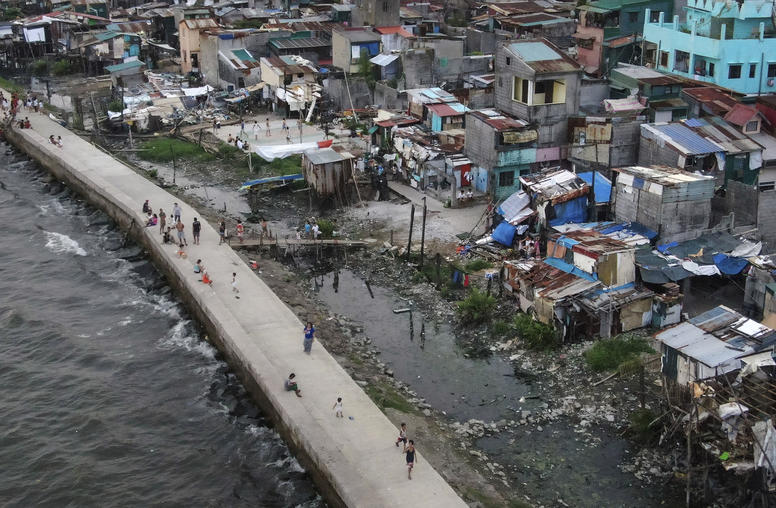
The Peacebuilding Implications of the Latest U.N. Climate Report
This week, the U.N. Intergovernmental Panel on Climate Change released its most extensive and alarming report yet. The findings made clear that the window to stifle the worst impacts of climate change is rapidly closing — and that efforts to protect the most vulnerable communities have fallen short thus far. This places peacebuilders in a difficult bind, as unchecked climate change correlates to increased conflict, but rapid adaptions and a wholesale transition to green energy risk further disruption in already fragile regions. USIP’s Tegan Blaine looks at how climate policy and peacebuilding can work together to ensure that we stay ahead of the climate curve while still putting affected communities on the path toward long-term peace and stability.
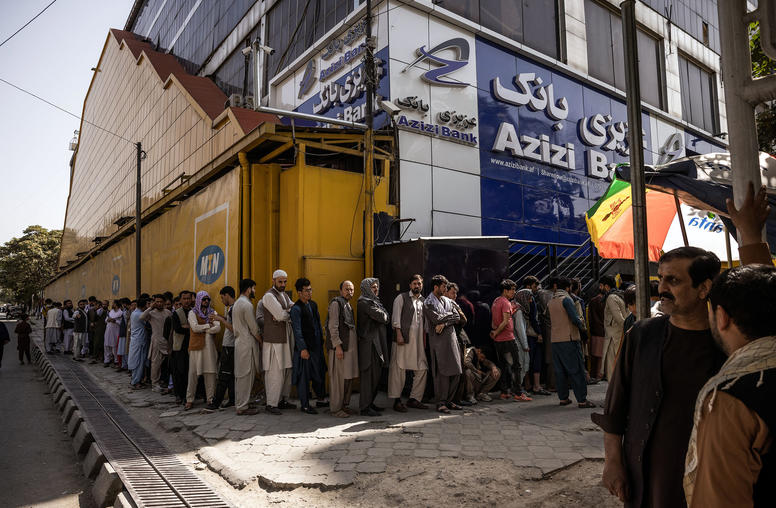
Afghanistan’s Frozen Foreign Exchange Reserves: What Happened, What’s Next
President Biden’s executive order blocking more than $7 billion of Afghan foreign currency reserves held at the U.S. central bank left confusion and consternation in its wake. And no wonder: The administration was seeking to balance a complex set of legal, foreign policy and political considerations.
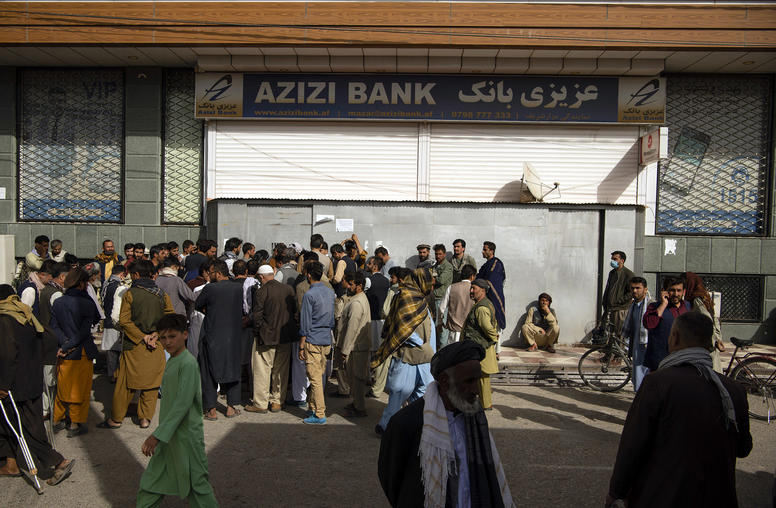
Taliban Are Collecting Revenue — But How Are They Spending It?
Although economic and humanitarian conditions in Afghanistan continue to deteriorate, the Taliban have taken some positive steps toward financial stability by publishing a fiscally responsible three-month budget and raising considerable amounts of domestic revenue — especially through customs duties, which have risen with a crackdown on corruption.
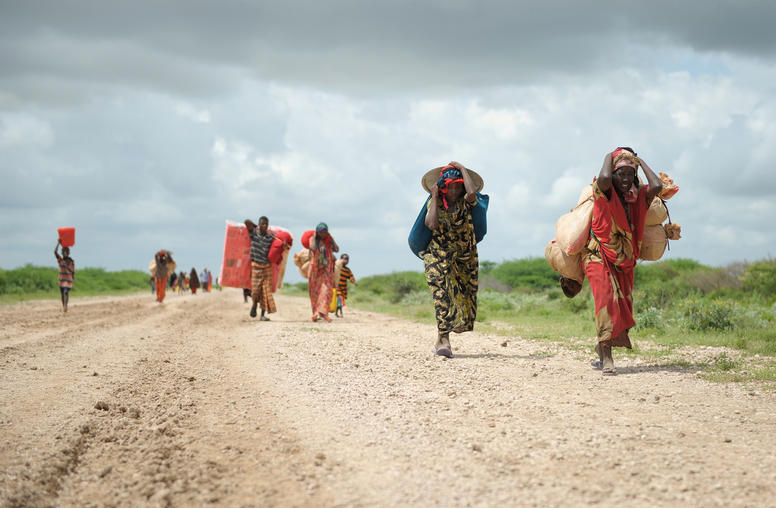
Glasgow’s Summit Will Spur Change—on Climate and in Conflicts
When the 26th Conference of Parties of the U.N. Framework Convention on Climate Change closed over the weekend in Glasgow, delegates and observers left with both disappointment that so little had happened and relief that so much had. As the world now weighs the results of the Glasgow climate summit, the global peacebuilding community should do the same. We should analyze where the summit might alter risks of violent conflict and opportunities for the community—including peacebuilding organizations, local civil society groups and policymakers—to respond.
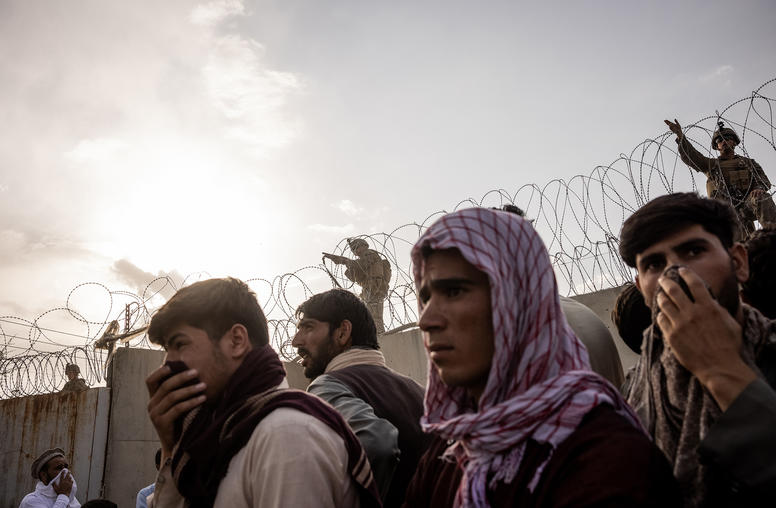
Key to Afghan Relief Efforts: Financial Engineering for Private Sector, Economy
The U.S. government needs to urgently prioritize saving Afghan lives, meeting basic human needs and stemming the free-fall of the Afghan economy. The unprecedented evacuation of some 100,000 people from Kabul airport in August demonstrated what clear objectives and a whole-hearted, government-wide focus can accomplish under the worst of conditions. While that scale of mobilization is not required now, a similar unity of effort and focus, this time on financial engineering, will be needed to deliver aid to the Afghan people and limit further economic damage in coming months.
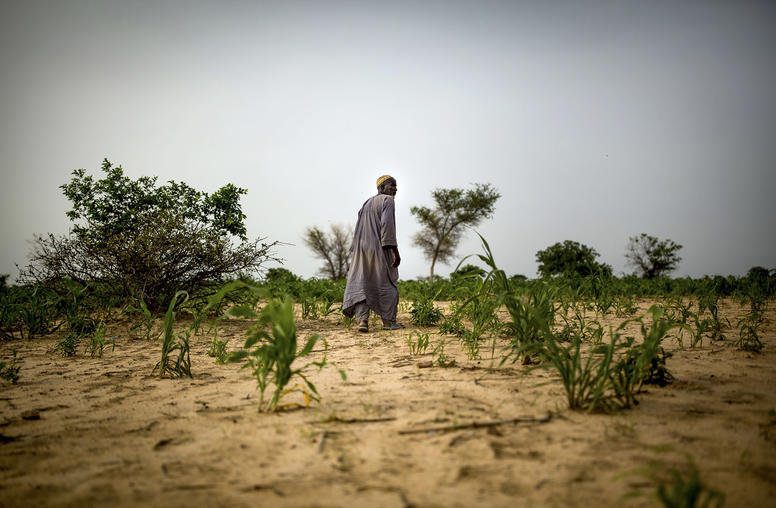
Facing Climate-Driven Migration and Displacement Head-On
In the run-up to the COP26 summit on climate change, the U.S. government released its Report on the Impact of Climate Change on Migration on October 21 — one of three major climate reports, along with the National Intelligence Estimate and the climate risk analysis by the Department of Defense, from the Biden administration. With these reports, the U.S. government now formally recognizes that climate change is likely to contribute to significant displacement and migration, and with it, political and social instability that jeopardize U.S. interests.
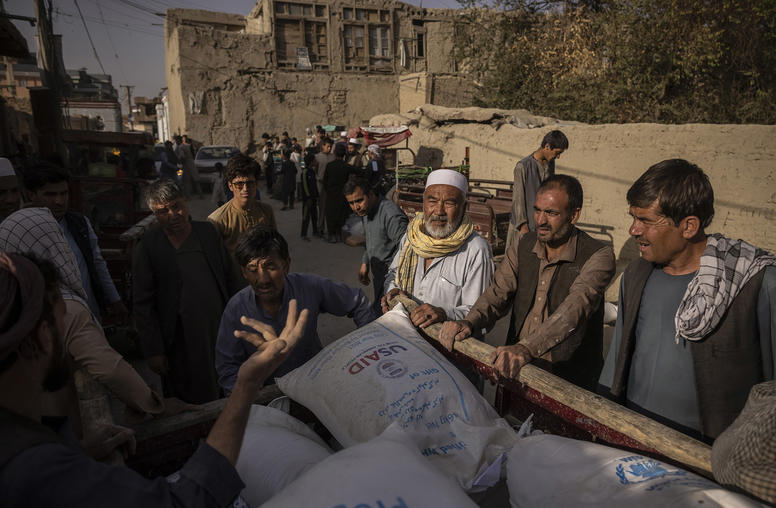
Afghanistan’s Economic and Humanitarian Crises Turn Dire
Two months after the Taliban took control of Afghanistan, the country is grappling with twin economic and humanitarian crises the response to which has been complicated by international aid cutoffs, the freezing of Afghanistan’s foreign exchange reserves and sanctions on the militants. USIP’s William Byrd discusses the implications of these crises and the challenges to alleviating them.
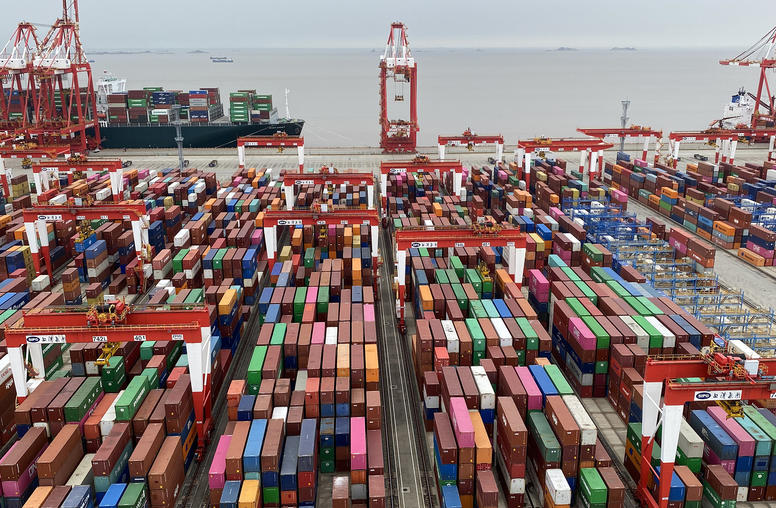
How Will China’s Bid to Join a Trans-Pacific Trade Pact Affect Regional Stability?
On September 16, China applied to join the Comprehensive and Progressive Agreement for Trans-Pacific Partnership (CPTPP). USIP’s Carla Freeman says China’s membership in the CPTPP will only increase Beijing’s relative regional influence and prompt more calls for the Biden administration to also join the pact.